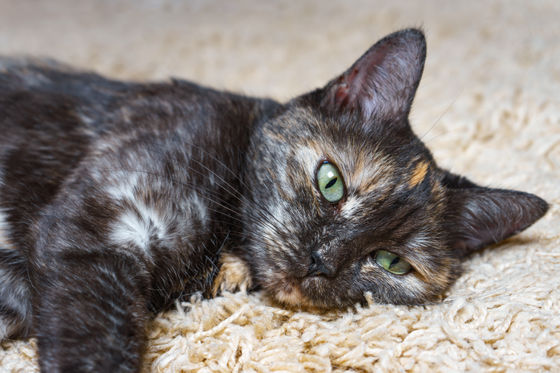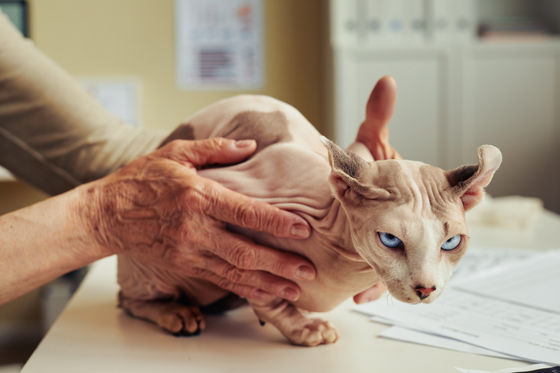Study of 8,000 cats reveals the longest-living breed

Cat owners want their beloved cats to live as long as possible. A study of about 8,000 pet cats revealed the longest and shortest-lived cat breeds, as well as differences in lifespan depending on gender and whether or not the cats were neutered.
Life tables of annual life expectancy and risk factors for mortality in cats in the UK - Kendy Tzu-yun Teng, Dave C Brodbelt, David B Church, Dan G O'Neill, 2024
New research from the RVC predicts the future life expectancy for companion cats - News - VetCompass - Royal Veterinary College, RVC
https://www.rvc.ac.uk/vetcompass/news/new-research-from-the-rvc-predicts-the-future-life-expectancy-for-companion-cats
Massive study of 8,000 cats reveals which breeds live longest | Live Science
https://www.livescience.com/animals/cats/massive-study-of-8000-cats-reveals-which-breeds-live-longest
In their paper published in the Journal of Feline Medicine and Surgery, a peer-reviewed veterinary journal specializing in the medical care of pet cats, a research team from the Royal Veterinary College in the UK and National Chung Hsing University in Taiwan analyzed data on pet cats in the UK registered with VetCompass, a program aimed at improving the welfare of pet animals. The subjects of the analysis were 7,936 cats that received veterinary care through VetCompass and died between January 2019 and March 2021.

While average lifespans are often used to study the lifespan of different breeds, the team created a '
Across all 12 breeds analyzed, the average life expectancy from age 0 was 11.74 years. Breed-wise, Burmese had the longest average life expectancy from age 0 at 14.42 years, followed by Birmans at 14.39 years, crossbreeds at 11.9 years, and Siamese at 11.7 years.
On the other hand, the shortest lifespan was the hairless Sphynx, at 6.68 years. There are several reported diseases that are due to the breed of Sphynx, and data shows that about 65% of Sphynxes over the age of 4 suffer from some kind of heart disease. In addition, predispositions such as congenital myopathy, which causes muscle weakness, and eye diseases have also been reported.

In addition, among cats that died after 9 months of age, sex, whether they were neutered, whether they were mixed breed, and weight imbalance were significantly associated with their lifespan. Specifically, females lived 1.2 years longer than males, neutered cats lived 1.07 years longer than the overall cat population, and crossbred cats lived 1.27 years longer than purebred cats.
Additionally, being either overweight or underweight was associated with a shorter lifespan, with every 100g increase or decrease from the median weight for each breed and sex reducing lifespan by 0.02 years, or roughly one week.
As soon as the research results were shared on social media, the team was inundated with responses. Kendy Tzu-yun Teng of the College of Veterinary Medicine at National Chung Hsing University said, 'Many people said, 'I have so little time left. I need to spend more time with my cat and cherish the time I have.'' Receiving these kinds of comments will help pet owners cherish the time, bond, and relationship they have with their cats.
Related Posts:
in Science, Posted by log1l_ks







